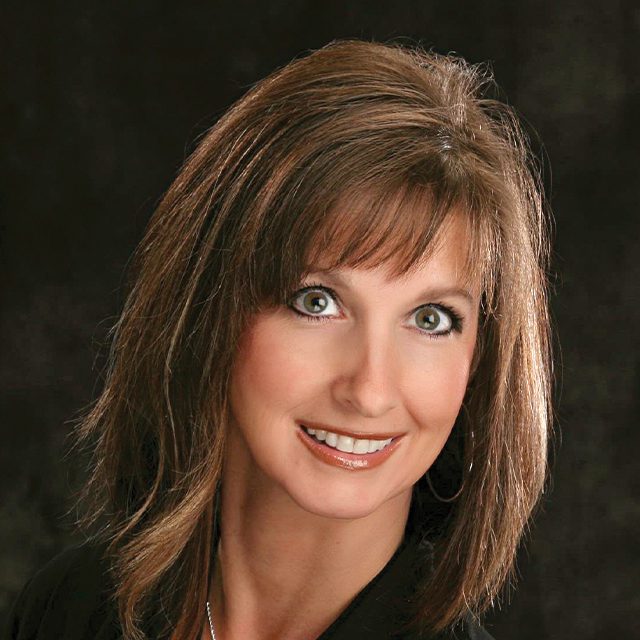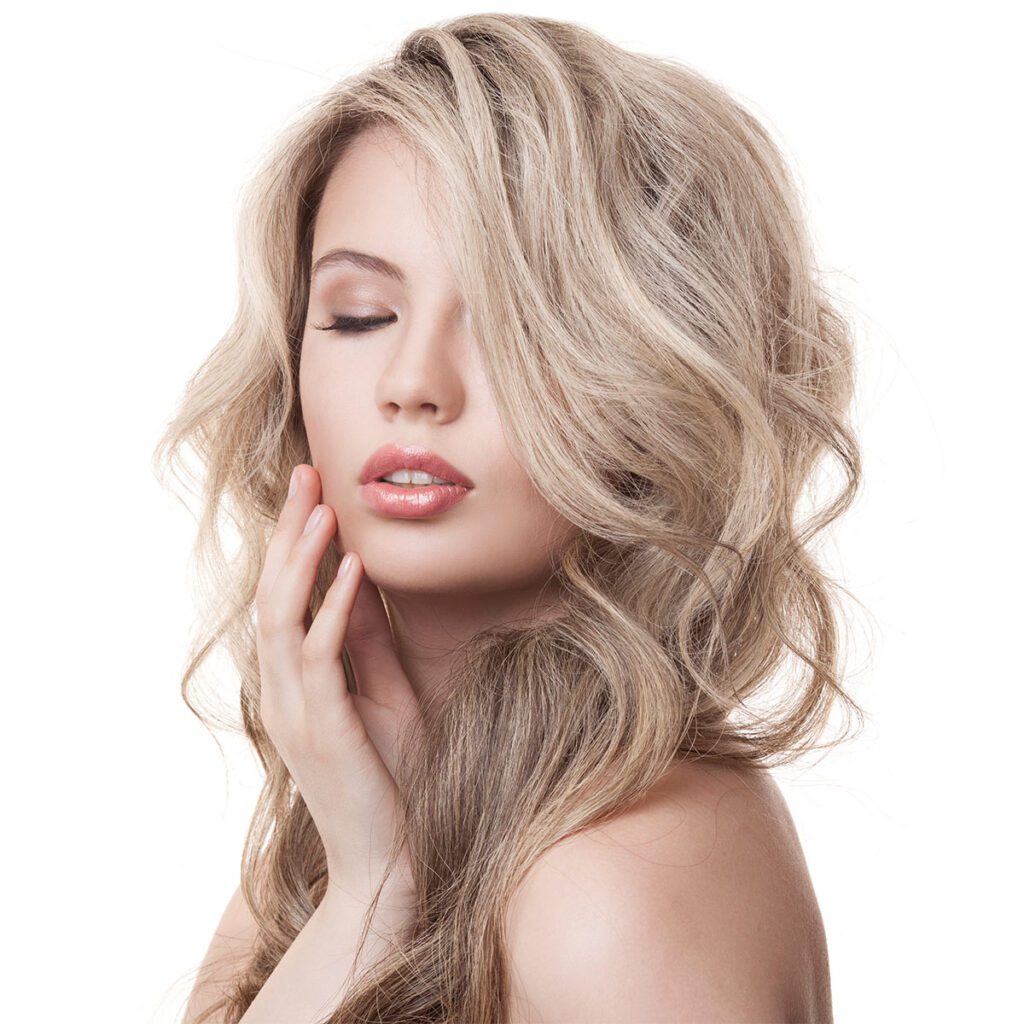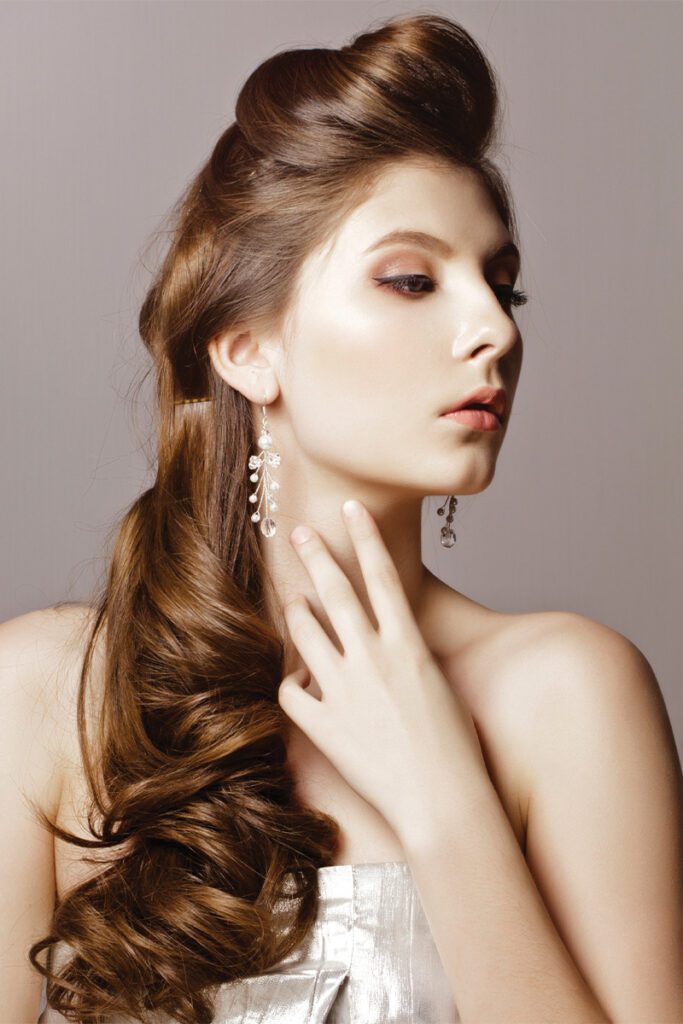Our Chat with an Expert
Whether your cut is just too short or you need a little added volume, hair extensions promise to be the answer to your woes. But will your locks stay healthy with the added length? “There’s a bit of a misconception that hair extensions are damaging,” says Bridget Davis, owner of Chattanooga’s Bridget Davis Salon. “But if it’s done correctly and if they’re a high-quality extension, I’ve had clients whose hair has become even healthier and stronger because the extensions formed a protection.” Read on as Davis shares some additional hair extension wisdom and answers all of our burning questions.


HS: How can you protect your natural hair when you have extensions?
BD: If the extensions are put in correctly by a licensed and certified cosmetologist, and they’re a reputable brand, then actually maintaining them becomes quite simple. As a professional, I teach clients how to care for them and brush them with a specially-formed brush and specially-formulated shampoos and conditioners.
HS: What types of extensions do you recommend?
BD: I recommend a high-quality extension like those that are keratin-beaded. Keratin-beaded extensions can actually protect the hair. I don’t get too caught up on brands and distributors, though. I would be more concerned with who is applying the extensions. Someone who is reputable, certified, and licensed is going to use the top brands.



HS: So keratin-beaded extensions can protect your hair? How so?
BD: Keratin is a natural protein found in hair. When we apply keratin-beaded extensions, the bead is warmed with a tool that shapes the keratin to form around your hair. So your natural hair is actually wrapped in the protein called keratin. And the keratin is very flexible – you won’t even notice it’s there.
HS: What types of hair extensions can potentially damage your natural hair?
BD: I don’t recommend extensions that have bands because they tend to rub against the hair and cause breakage. Banded extensions are commonly chosen by people who put them in themselves. You can buy them anywhere, but they’re just not the highest quality.



HS: When it comes to human hair versus synthetic hair, what do you recommend?
BD: 100% human hair is the best and looks the most natural. Today, there are extensions on the market that have a blend of human and synthetic hair, and while they’re cheaper, the quality just isn’t as high.
HS: Once someone gets high-quality extensions, applied by a professional, how can she maintain them and increase the extensions’ longevity?
BD: It’s important to use specific shampoos and conditioners that a professional recommends. Even though your extensions are 100% human hair, you have to remember it has been cut, so it’s no longer connected to a life source. This means it can’t gain nutrients the way your natural hair can. That makes the products you use carry even more weight. Remember to never use heat on extensions because it’s very damaging. Also, use a very specifically formed, formulated brush called a loop brush. This type of brush won’t rip out the bonds. Overall, just be gentle with your hair. Once you get used to the extensions, they become second nature!

